
Google declares war on evil advertisements
I like advertisements. Whether on the web, radio or television, I generally appreciate them for notifying me of new products and services. Think about it -- how else would you learn about a new breakfast cereal, video game or toothpaste, to name a few? Face it, our economy depends on ads.
Of course, not all advertisements are created equally. Some are misleading, offensive, and in the case of the web, can even deliver malware. Luckily, Google -- a company that profits from ads -- has our collective backs. Today, the search giant declares war on evil advertisements, and shares how it is fighting back.
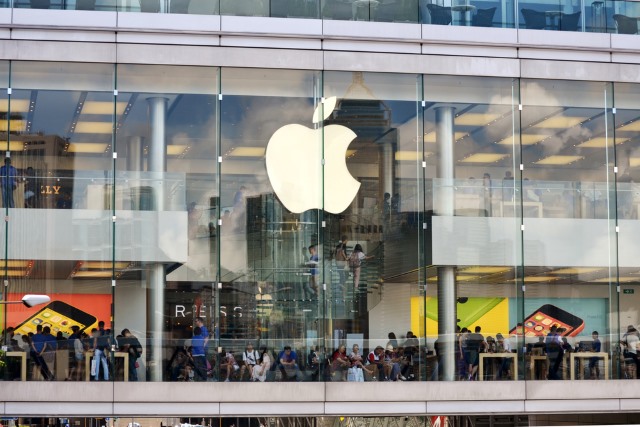
Apple's iAd may soon allow developers to keep all the revenue
Back in 2010, Steve Jobs revealed Apple’s new mobile advertising platform iAd. The goal of this new venture into advertising was to make the mobile ads that appeared in iPhone and iPad apps interactive and more stylish.
Apple users would also be able to remain within the current app they were using without being forced out of the app and into their browser. The iAd platform was able to achieve this but it came at a high cost and required advertisers to relinquish power to Apple, which had final say over which ads were approved. The company was also reluctant to share the marketing data it acquired through iAd.

Google overtakes Facebook in advertising spend
A new report from marketing technology company IgnitionOne reveals the latest trends in digital advertising spend for the final quarter of 2015.
Among its key findings are that Google passed Facebook in growth and conversions, seeing an increase of 37 percent in programmatic display advertising spend and a 34 percent increase in conversions. In comparison, Facebook saw an increase of 22 percent in growth and 17 percent in conversions.

ASUS users will see fewer ads in 2016 thanks to Adblock Plus
Ad blocking is something of a contentious issue, but it's one that has been brought to prominence in 2015. The adblockalypse arrived this year as the debate about whether disabling ad blockers was preferable to paying for content.
Adblock Plus -- one of the best known ad blockers out there -- recently updated its acceptable ads policy which gives people the option of permitting certain ads to appear in their browser. But a new deal struck with ASUS means that anyone buying a phone or tablet from the Taiwanese company in 2016 will find that ad blocking is baked in and enabled by default.
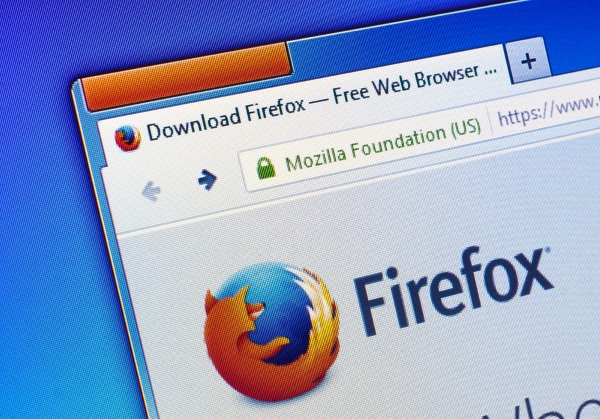
Mozilla ditches Firefox ad tiles experiment
It can be hard enough to avoid advertising online, and Mozilla has been experimenting with yet another way to pull in money. The Tiles experiment has been running for a few months and saw ads brought to the Firefox homepage via, funnily enough, tiles.
The company has decided that the experiment is a failure, and now wants to shift its focus to delivering "relevant, exciting and engaging" content to users instead. Mozilla has been scrambling to find way to make its browser bring in the pennies, but admits that "advertising in Firefox [...] isn't the right business for us at this time".

Technology terror: How ad-blocking technology steals ad dollars and video views
Freddy Krueger. Jason Voorhees. Michael Myers. Ad Blocking Technology. If you’ve watched a horror movie in the past 20 years, you’ve no doubt heard of those first three gruesome monsters. The last term may not be as familiar to you, but it is becoming a boogeyman of sorts for streaming video -- both for those who create and provide it as well as those who consume it.
Ad-blocking software and technology has become a very serious concern for programers, video creators, and publishers in 2015. Before the year is over, an estimated $3 billion dollars in video ad payload will be lost by publishers because of ad-blocking technology. Some premium video authors estimate that as much as one third of their video content isn’t reaching their streaming audiences at all. It may not be an epidemic yet, but there clearly is a trend, as ad-supported video businesses are being challenged as consumers install ad blockers at an increasing rate, especially on their mobile devices where they engage with video the most.
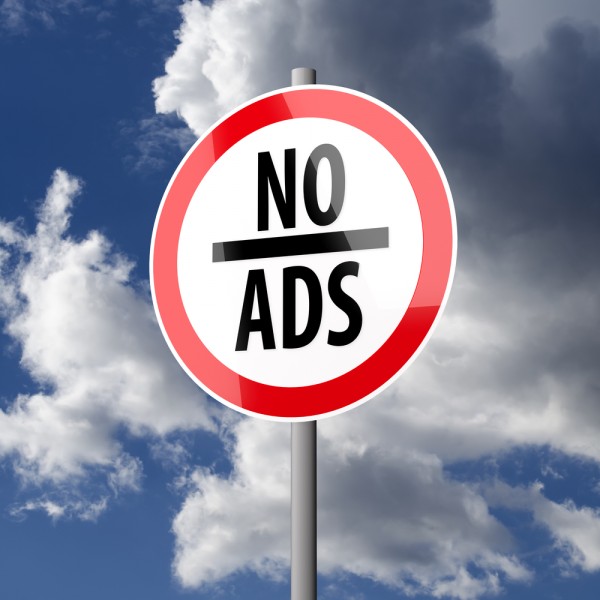
EE might block ads at cellular network level
EE is looking to start a debate on a particularly sensitive topic -- online ads on mobile platforms. According to a news report by Tech Radar, the British mobile network operator and internet service provider is weighing its options on the idea of blocking advertising on a network level.
Chief executive Olaf Swantee said it’s an important debate about customer control.

Are ad-blockers killing marketing efforts?
Ad-blocking on both desktop and mobile devices is becoming more and more common. But does this mean advertisers are increasingly wasting their time?
A new survey of over 500 consumers by consumer intelligence and predictive marketing company Boxever reveals that 70 percent of consumers surveyed say they're likely or extremely likely to use ad-blocking apps, and another 15 percent said they'd consider it.

Adblockalypse: nearly one fifth of web users employ ad blockers
Online ads are a major bugbear for web users, hence the existence of ad blocking software. Tools such as AdBlock Plus have long been popular, but despite efforts by publishers to discourage their use, more and more people rely on ad blockers to improve their online experience.
The Internet Advertising Bureau reports that ad blocking is on the rise. In the UK, 18 percent of people use software to prevent the appearance of ads -- up from 15 percent just five months ago. Not everyone, however, is looking to block every single ad they might encounter.

How publishers should tackle ad-blocking
There’s no avoiding it; ad-blocking is a direct result of consumer demand. Adland has had its own way for too long and now the traffic is two-way we should view this as an opportunity to hit the reset button.
Let’s get this in context however; announcements such as Apple’s recent iOS9 update may have raised the profile of ad-blocking, but uptake is far from exponential. We’re not facing the Adpocalypse here, what we’re looking at is the balance being redressed.
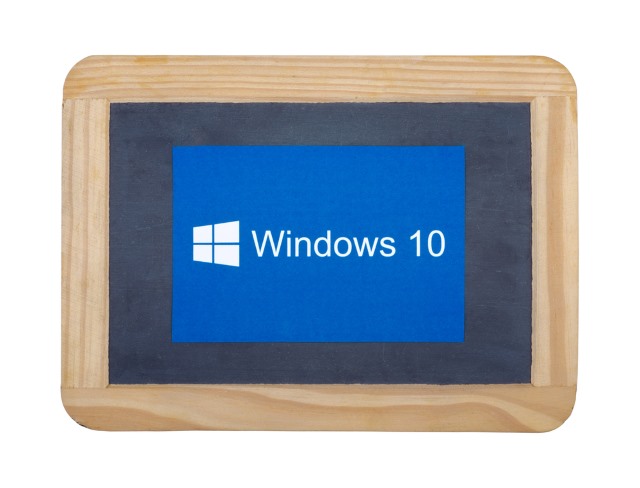
Windows 10 is a great platform for advertising
The latest desktop buzz is about Windows 10, the new operating system from Microsoft that’s free to those who have Windows 7 or Windows 8.1. A lot of theories are going around about how Microsoft plans to monetize its software now that the company is giving it away.
Will it be a subscription like Office 365, will it go the advertising route or will it charge for extras, like playing Solitaire? It could very well be any of these options or all but one thing is certain; Microsoft needs to make money from its new and improved operating system.
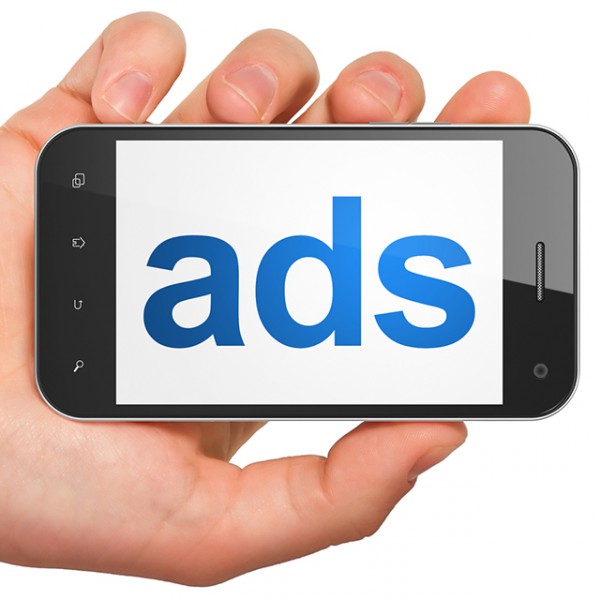
Device detection might be the answer to ad-blockers' popularity
What strikes me most about the reaction to Apple’s decision to allow iPhone and iPad Safari browsers to block advertising via third-party software extensions is its reason for doing so.
According to the BBC an Apple spokeswoman claimed the decision was made "for an improved mobile browsing experience". Some users support this view with one such comment from Peter Steinberger -- "Ad blocking on iOS 9 makes such a big difference in page load times, it’s not even funny".

Panic over: iOS adblockers fail to trigger the 'adblockolypse'
For a company that doesn’t rely on advertising to make its money, Apple was never going to lose anything by allowing adblockers into the App Store unlike, say, Google.
Still, the recent move has certainly proved divisive. On one hand, websites that rely on advertising to survive have been bracing themselves for a loss of revenue, while many iPhone users have welcomed the change. Web pages reportedly load quicker in Safari without adverts, and if you’re on a capped mobile data plan you’ll benefit from the savings created by not downloading ads. The big question was always whether the move would impact advertisers in any meaningful way, and the early indications are that it has certainly made a difference, although it’s far from the "adblockolypse" many predicted.

YouTube will show more relevant ads in videos
YouTube has announced it’s adding new capabilities to the advertising on the site. Yay, more ads on our YouTube videos, who wouldn’t be happy?
Anyway, long story short -- marketers will be able to buy ads which will be displayed during product-focused videos, such as game reviews, unboxings, product reviews and how-to videos.

AdBlock Plus to introduce independent board to oversee Acceptable Ads program
Ad blocking has been in the news quite a lot recently, not least because of iOS 9's new support for advertising avoidance. Perhaps the most famous tool in the arena is Adblock Plus. It's something that many people have become reliant on for cleaning up their online experience but Eyeo -- the company behind AdBlock Plus -- has been keen to encourage people to permit the display of some advertising through its Acceptable Ads program.
That companies can pay to bypass Adblock Plus is nothing new, although Adblock Plus insists that most ads that are deemed 'acceptable' are added for free. Today Eyeo announces that it is going to hand over control of the Acceptable Ads program to a completely independent board.